Do you know that about 50% of men and 25% of women experience age-related hair thinning?
If you are among the many people who are concerned about this rather common problem, you probably have stumbled upon a number of hair growth shampoos promising a solution. But the question is, will these shampoos help in the matter of age-related hair thinning? In this discussion, we will learn about the science behind hair thinning, and alternative treatments that may provide more proven results.
Understanding Age-Related Hair Thinning
The basis of understanding age-related hair thinning involves looking into the various factors that constitute this condition, including reduced time in the active growth phase, decreased follicle diameter, and decreased melanin production.
As you get older, the hair growth cycle changes and the active growth phase-anagen-becomes shorter. That ultimately means that your hair has less time to grow and more time to rest or shed. Besides, your hair follicles tend to shrink in diameter, which results in thinner strands of hair. This reduction in follicle size can result in less hair volume and density. With reduced production of melanin, the pigmentation of your hair is impaired, besides mere thinning and this may make your hair more grey or lighter in colour.
Understanding these factors is a better opportunity to deal with hair thinning due to age. By targeting the very reasons behind it, you can potentially slow down or even reverse the thinning process, promoting healthier and thicker hair as you age.
Causes of Age-Related Hair Thinning
Hair thinning can occur with aging and may be influenced by genetic traits, hormonal changes, and thyroid issues.. As we grow older, it’s important to understand that hair naturally goes through a cycle of changes over time. Hair indeed has a natural life course-altering process. Reduced growth might be due to low hormonal support and nutritional deficiencies within elderly people. Besides that, the hair follicles reduce their pigment production-the outcome of which is greying hair-and the thickness becomes lesser, finer, and thinner.
If your family background has a history of losing hair, then you are probably going to experience it, too. Hormonal changes cause an imbalance in the levels of estrogen and testosterone. Normally, these imbalances will happen with age or maybe due to some other disorders. Thyroid disorders also can cause problems with hair growth. Both an underactive thyroid, known as hypothyroidism, and an overactive thyroid, known as hyperthyroidism, can cause hair to fall out. These conditions interfere with the normal functioning of the thyroid gland, which regulates metabolism and hair growth.
Understanding the causes of age-related hair thinning is a way to find appropriate solutions. If you are concerned about your hair thinning, it is advisable to consult with a healthcare professional for proper diagnosis and a personalised treatment plan.
How Hair Growth Shampoos Work
Hair growth shampoos work by rebuilding hair fibers and giving the appearance of a fuller head of hair. Strengthening shampoos repair and fortify the hair strands so they can grow longer without breaking off, while volumizing shampoos give the appearance of thicker hair by increasing the diameter of each hair strand.
Although hair growth shampoos are generally suitable for all hair types, one should opt for a product that would best match specific hair needs. Shampoos containing DHT blockers and ingredients that improve scalp blood flow will stimulate hair follicles to grow thicker and denser, adding volume. Knowing what your hair exactly wants will help you in choosing the right shampoo for hair growth.
Ingredients to Look For in Hair Growth Shampoos
Being able to choose the right hair growth shampoo that will work best requires knowing what ingredients will help nourish the scalp, strengthen hair strands, and encourage healthy hair growth.Biotin is one of the most common ingredients that can help stimulate hair growth and strengthen hair strands. It nourishes the hair follicles, improving the overall health of the hair.
Another ingredient to look out for in hair growth shampoos is caffeine, which helps to stimulate hair follicles by improving circulation in the scalp, hence giving rise to hair growth. Keratin also promotes hair growth because it strengthens and fortifies the hair, making the hair less prone to breakage.
Another reason is that, to some extent, certain DHT blockers tend to provide efficient prevention against baldness; as with medication or other products to prevent baldness, all these act to block the major hormone-ET associated with the condition of falling hair. Essential oils or plant extracts such as rosemary oil, tea tree oil, and green tea extract further enhance scalp conditions for growth. These kinds of elements tend to nourish and calm hair growth.
Effectiveness of Hair Growth Shampoos
Hair growth shampoos are often sought after as a potential solution for various scalp conditions and hair loss concerns. While they can be effective for certain conditions, their overall effectiveness in promoting hair growth is limited. Here are some facts to consider:
- Hair growth shampoos can be effective for scalp conditions like seborrheic dermatitis and psoriasis, reducing inflammation and hair loss caused by these conditions.
- Shampoos with ketoconazole can treat dandruff-induced hair loss caused by yeast on the scalp.
- However, hair growth shampoos aren’t effective for male pattern baldness and have a short contact time with the scalp, limiting their ability to stimulate hair growth or prevent hair loss.
- Shampoos that claim to block dihydrotestosterone (DHT), a hormone associated with male pattern hair loss, may not be effective as they’ve limited contact time with the scalp and hair follicles.
It is important to note that there’s no shampoo clinically proven to support hair regrowth. While some hair growth shampoos may give the appearance of thicker and fuller hair, their effectiveness in actually regrowing hair is questionable. Therefore, it’s advisable to approach the use of shampoo for hair growth with realistic expectations and consider other treatment options for hair loss.
Potential Side Effects of Hair Growth Shampoos
Some individuals may experience scalp irritation or allergic reactions when using hair growth shampoos. This can be attributed to the ingredients used in these shampoos, which can vary from brand to brand. It’s important to carefully read the label and check for any potential allergens before using a hair growth shampoo. Additionally, overuse of these shampoos can lead to excessive dryness or oiliness of the scalp, which can further exacerbate any existing scalp issues. Some hair growth shampoos may also have a strong fragrance, which can trigger sensitivity or discomfort in certain individuals.
Another potential side effect of using hair growth shampoos is the build up of product on the scalp and hair. This can occur when the shampoo isn’t properly rinsed out or when it’s used too frequently. Product build up can negatively impact overall hair health and may lead to issues such as dullness, limpness, or even breakage.
It is important to note that not everyone will experience these side effects, and they may vary from person to person. If you do experience any adverse reactions or discomfort when using a hair growth shampoo, it’s recommended to discontinue use and consult a dermatologist or healthcare professional for further guidance.
Tips for Using Hair Growth Shampoos Effectively
For optimal results, it’s recommended to incorporate certain practices when using hair growth shampoos. Here are some tips to help you use hair growth shampoos effectively:
- Choose a hair growth shampoo that aligns with your specific hair needs, such as reducing hair fall, strengthening lengths, or enhancing hair body and bounce. Different shampoos offer different benefits, so selecting the right one for your hair goals is essential.
- Use sulfate-free and fragrance-free hair regrowth shampoos to reduce scalp inflammation and create a better environment for hair follicles. Harsh chemicals and fragrances can irritate the scalp and hinder hair growth.
- Wash your hair no more than 2-3 times a week using a volumizing shampoo and conditioner to add volume to thinning hair. Over-washing can strip the hair of its natural oils, leading to dryness and breakage.
- Apply a heat protectant and use good brand’s styling tools only like Veaudry hair dryer on their lowest heat setting to minimize heat damage when styling your hair after using hair regrowth shampoos. Heat can weaken the hair and cause it to become brittle, so taking precautions is important.
Other Treatments for Age-Related Hair Thinning
One effective approach to address age-related hair thinning involves exploring alternative treatment options. While hair growth shampoos can be helpful, there are other treatments that can also promote healthy hair growth.
One such option is the use of specialized serums, such as MDhair Customized Hair Restore Serum. This serum contains botanical complexes and plant proteins that stimulate capillaries and improve scalp health, creating an optimal environment for hair growth.
Additionally, hair supplements and collagen peptides can restore depleted vitamins, minerals, and amino acids necessary for healthy hair growth. By replenishing these nutrients, these supplements can support the growth of thicker and fuller hair.
Another alternative treatment option is using sulfate-free and fragrance-free hair regrowth shampoos. These shampoos help reduce scalp inflammation and create a better environment for hair follicles to thrive.
Lastly, specially formulated scalp treatment serums can reduce inflammation, balance scalp microflora, and promote hair follicle growth. These serums can be applied directly to the scalp to target specific areas of concern.
Lifestyle Changes to Promote Hair Health
To promote healthy hair growth, implementing lifestyle changes can be a beneficial approach, complementing the use of alternative treatments for age-related hair thinning. By making the following adjustments to your daily routine, you can improve the overall health of your hair:
- Adopt a balanced diet rich in vegetables and proteins to support healthy hair growth. Nutrients such as vitamins A, C, and E, as well as biotin and iron, play a crucial role in maintaining strong and vibrant hair.
- Limit hair washing to 2-3 times a week using sulfate-free and fragrance-free shampoos to reduce scalp inflammation. Excessive washing can strip the hair of its natural oils, leading to dryness and breakage.
- Protect hair from heat damage by using heat protectants and styling tools on low heat settings. Excessive heat can weaken the hair shaft, causing it to become brittle and prone to breakage.
- Consider using specialized hair supplements and collagen peptides to replenish essential nutrients for hair growth. These supplements can provide the necessary building blocks for healthy hair and help support its growth.
Final Thoughts on Hair Growth Shampoos for Age-Related Hair Thinning
Hair growth shampoos for age-related hair thinning offer potential benefits, but it’s important to have realistic expectations regarding their effectiveness. While these shampoos may contain DHT blockers and ingredients that boost scalp circulation, there’s no clinical evidence supporting their ability to stimulate actual hair regrowth. It’s crucial to understand that these shampoos can improve the appearance of existing hair by making it appear thicker and denser. However, they can’t magically restore lost hair.
To maintain healthy hair as you age, it’s essential to adopt effective hair care habits and scalp treatments. Regularly washing and conditioning your hair, avoiding excessive heat styling, and protecting your hair from environmental damage can help promote hair health. Additionally, incorporating hair supplements and collagen peptides into your routine may help replenish essential nutrients and support natural hair growth.
If you’re experiencing age-related hair thinning or loss, it’s advisable to consult a healthcare professional. They can help explore suitable treatment options and address any underlying health concerns that may be contributing to your hair loss.
Conclusion
In conclusion, while hair growth shampoos may show some promise in improving the appearance of hair by making it look thicker and fuller, there’s limited scientific evidence to support their effectiveness in treating age-related hair thinning.
It’s important to consult a doctor for clinically-proven treatments if you’re seeking solutions for hair loss. Interestingly, studies have shown that approximately 50% of men and 25% of women experience age-related hair thinning, highlighting the prevalence of this issue and the need for effective solutions.
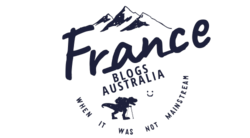
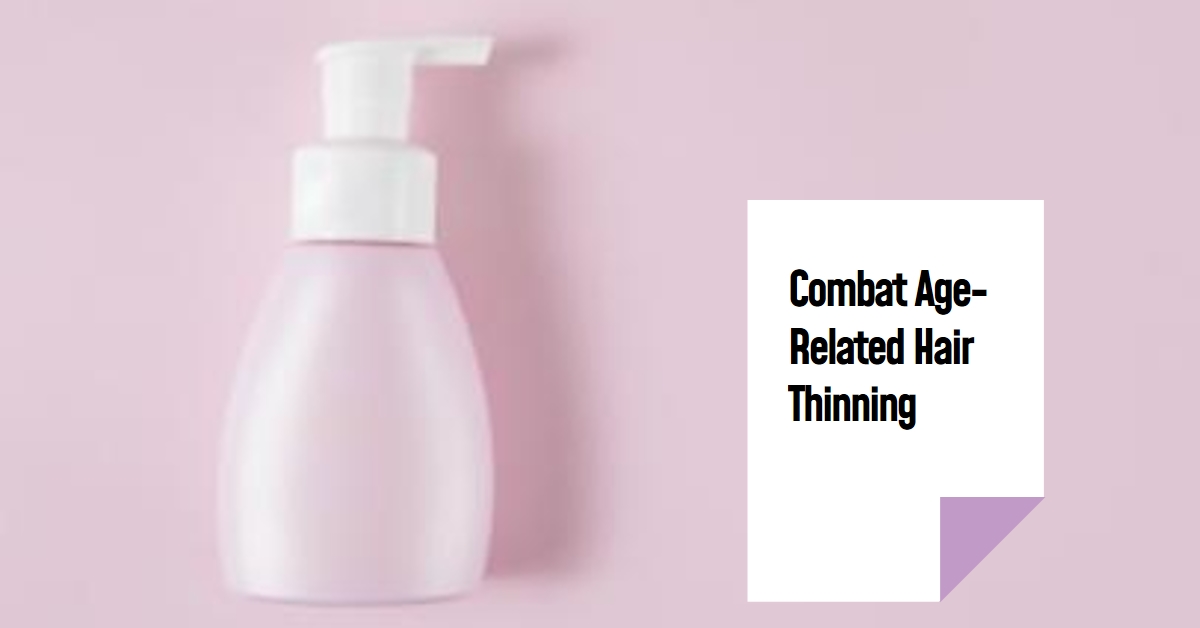
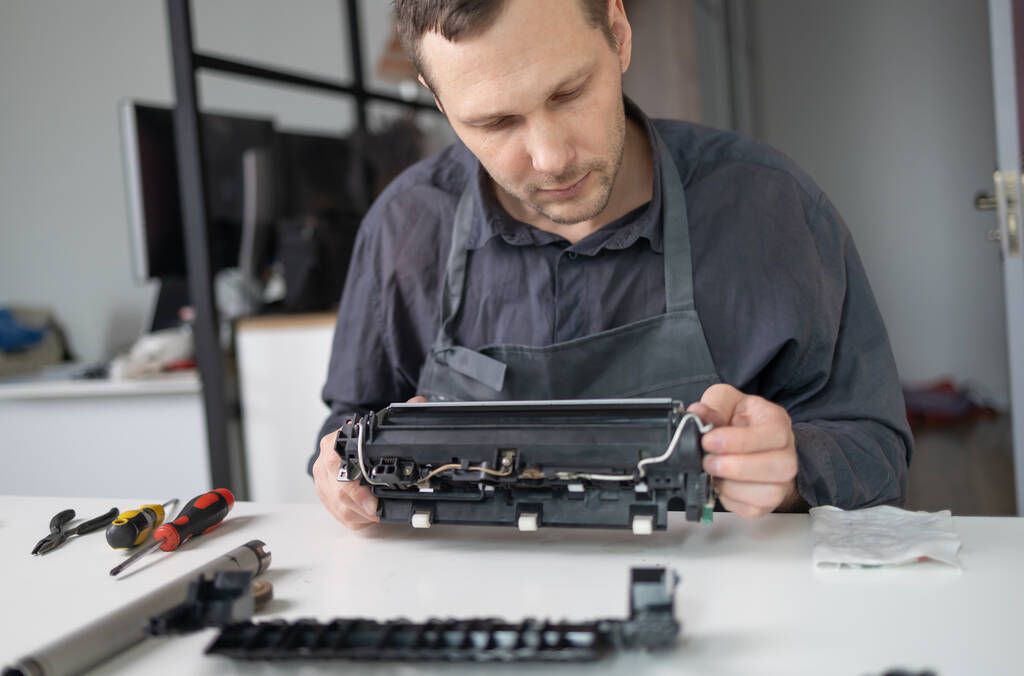



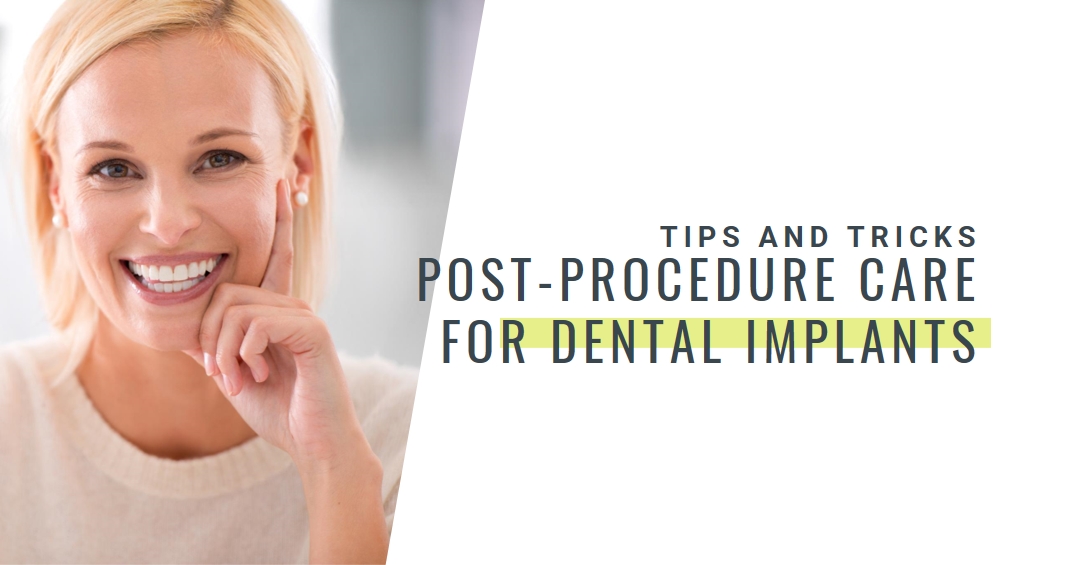



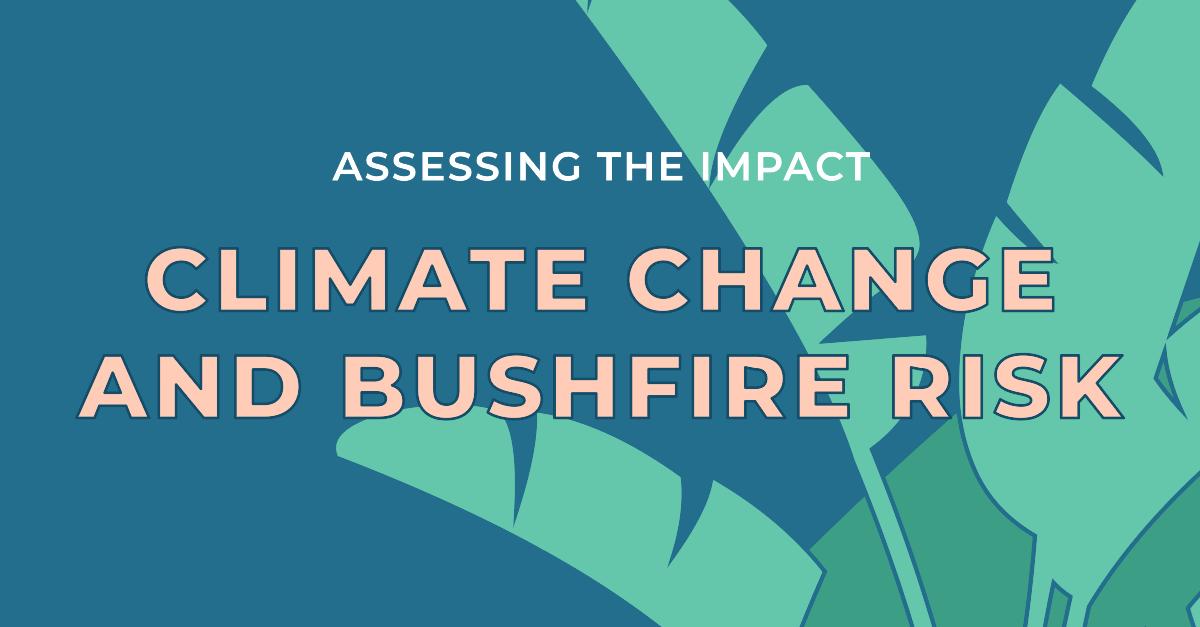
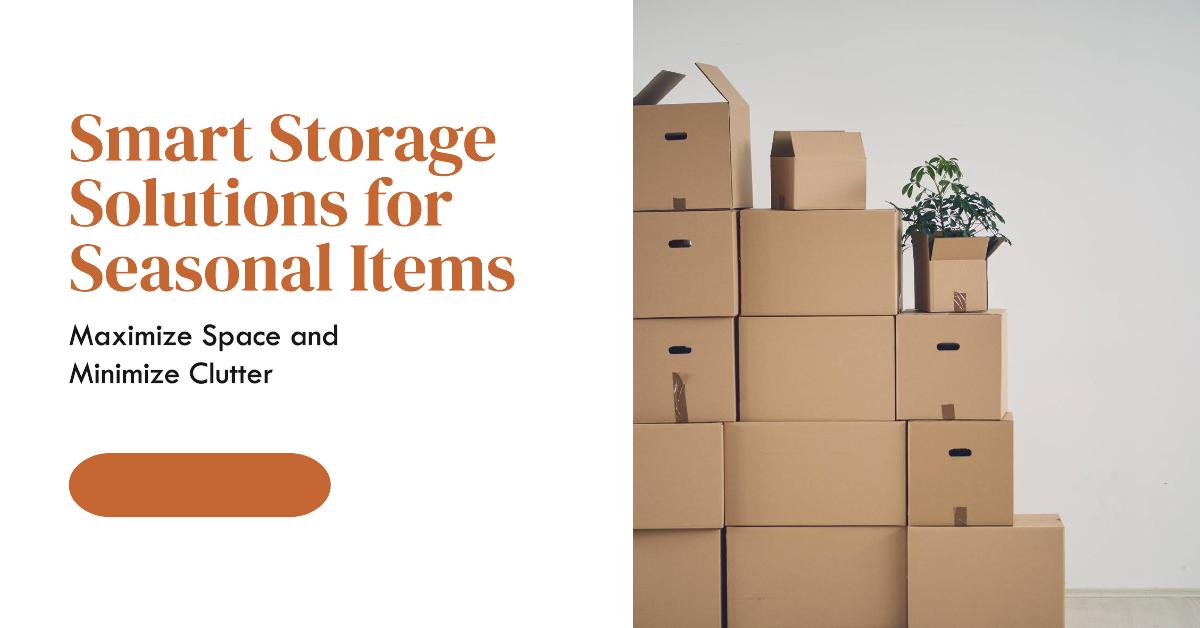

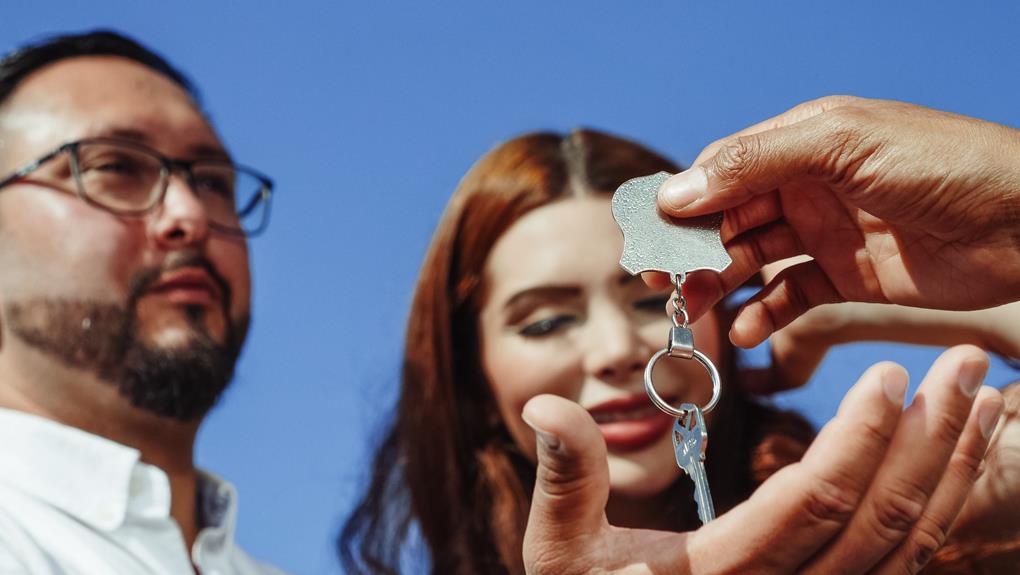
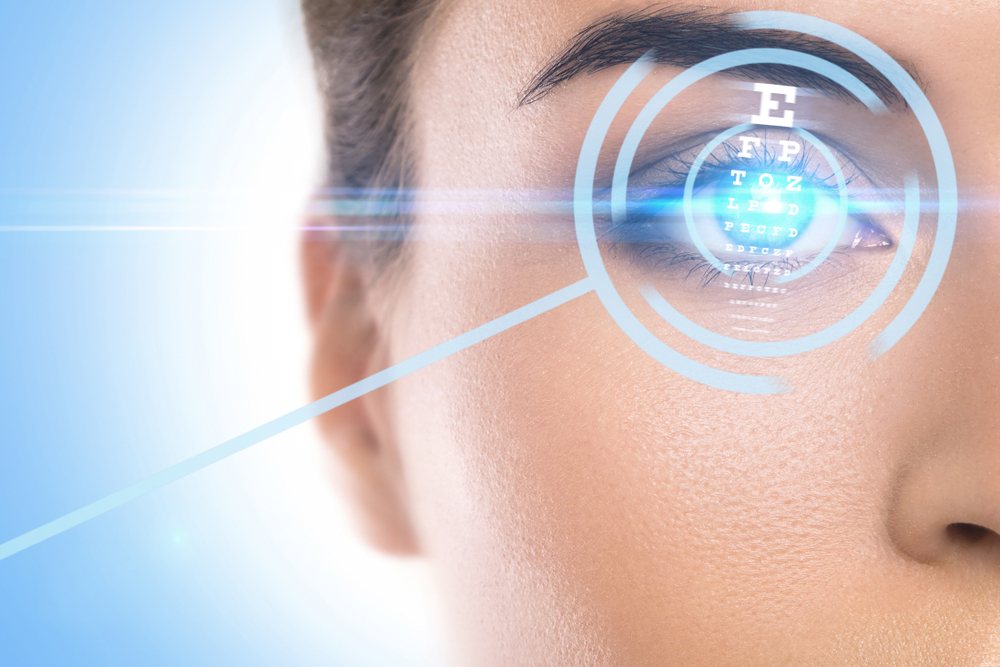

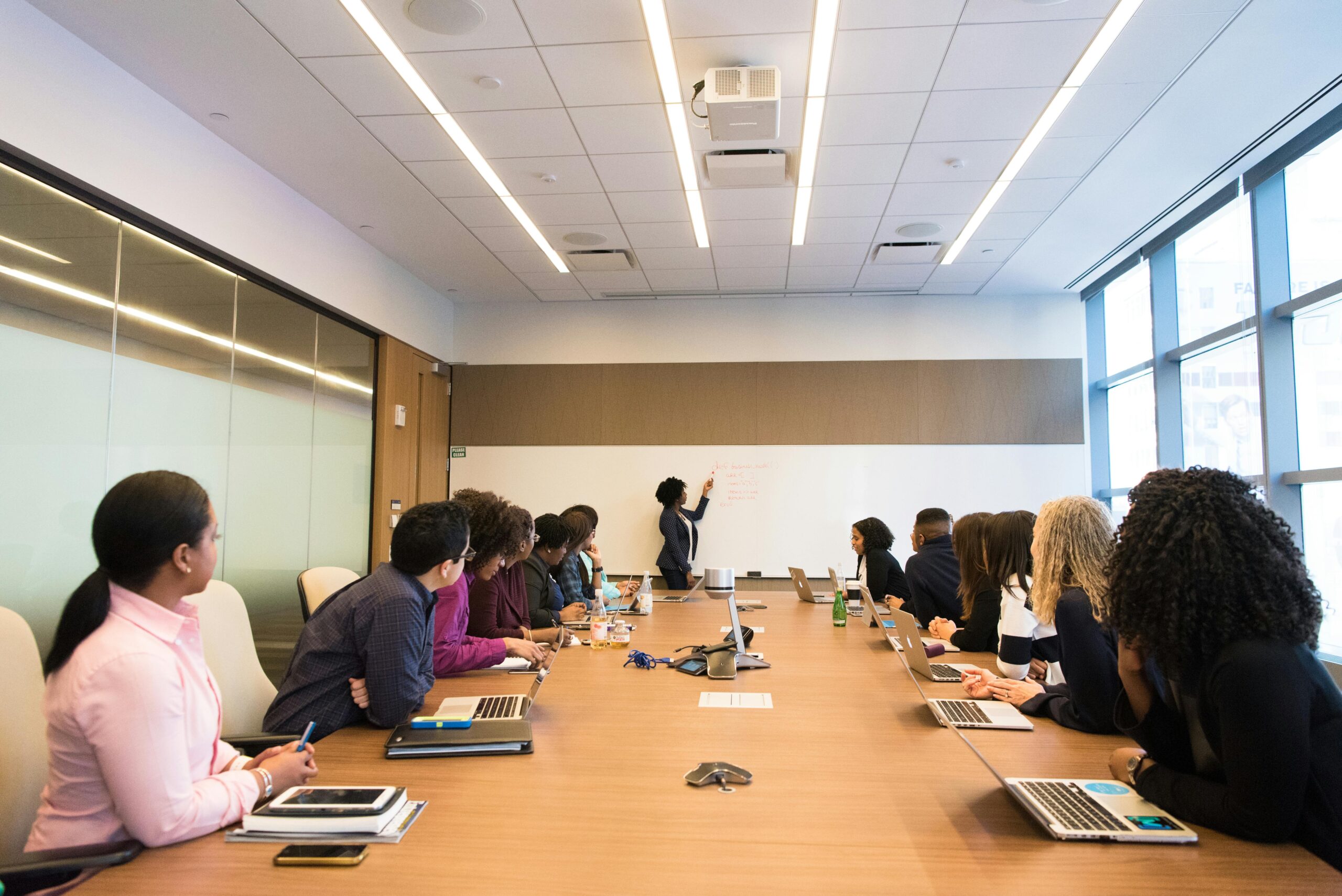








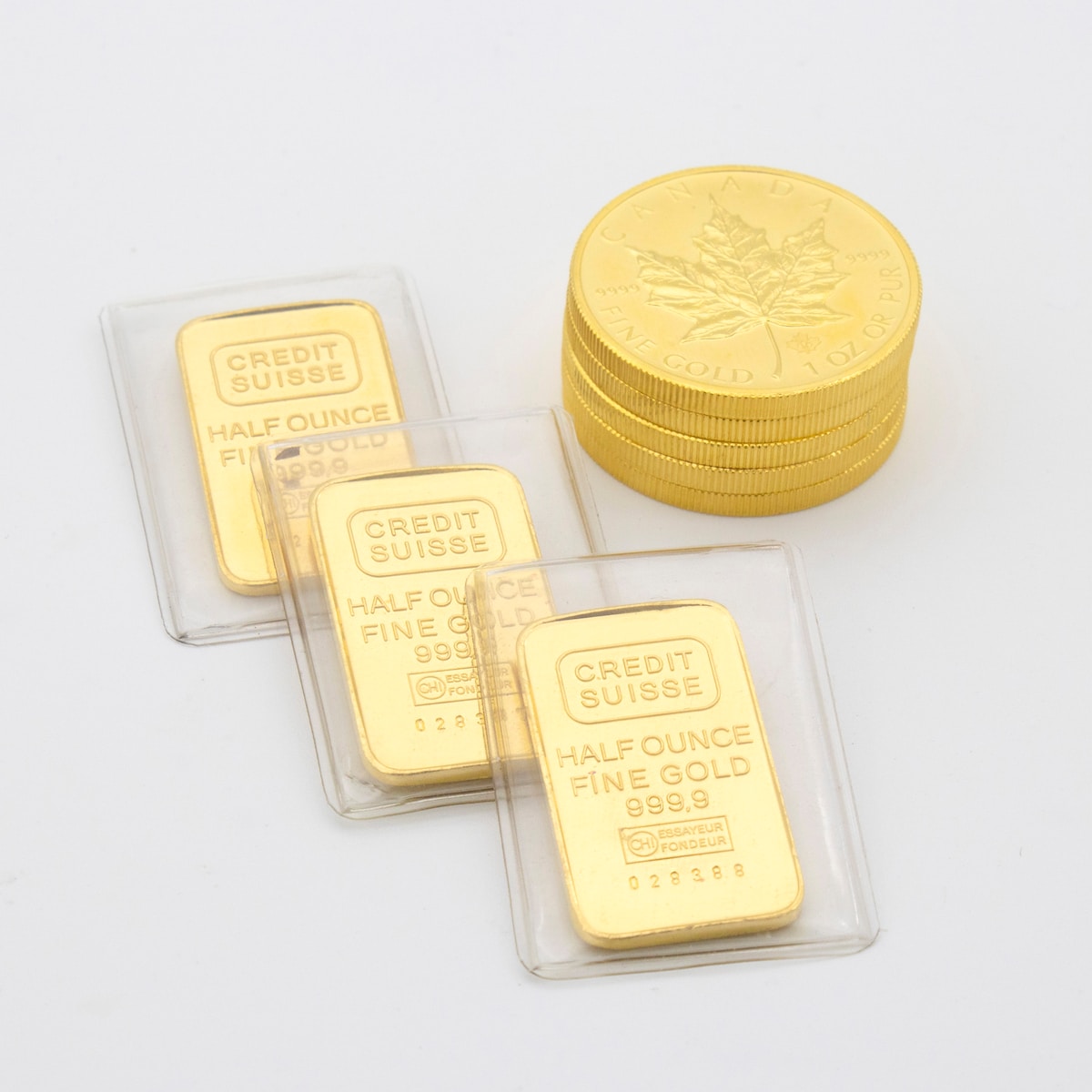

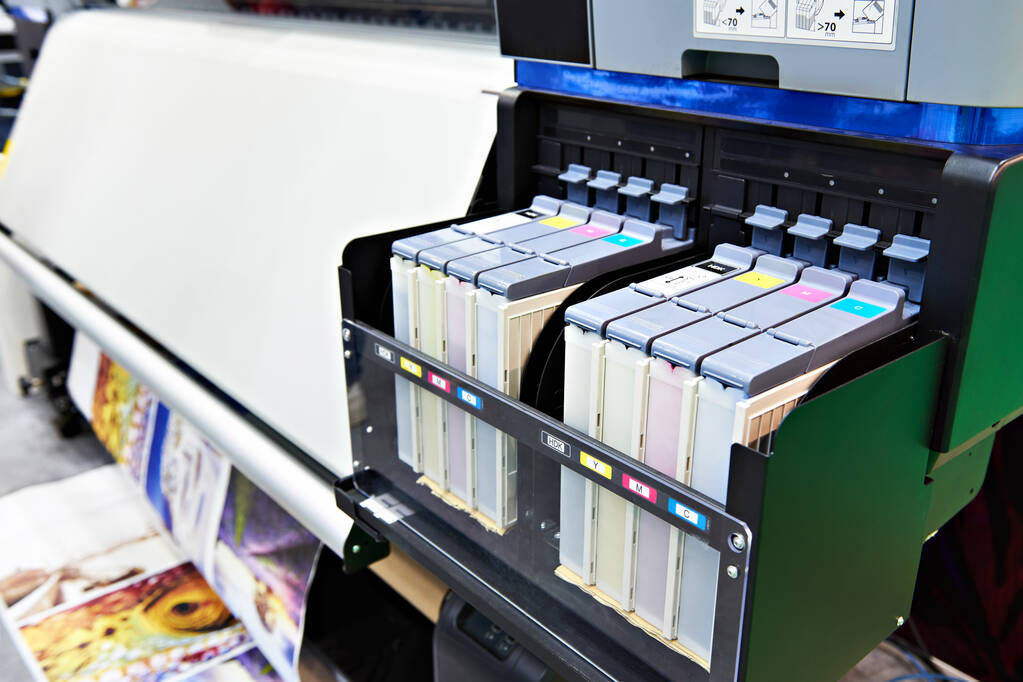

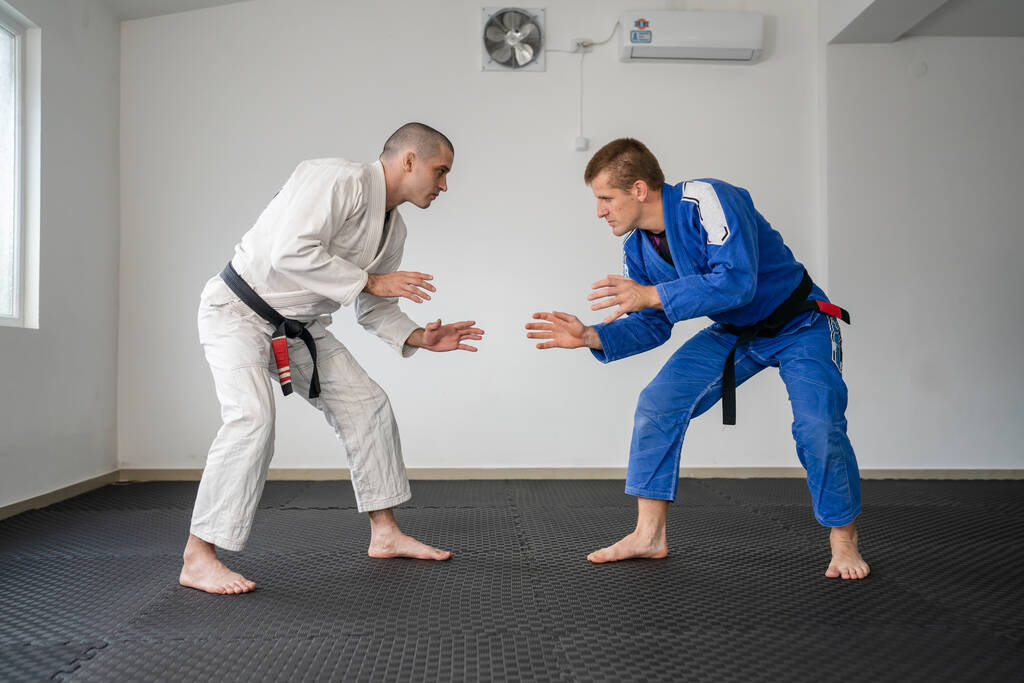





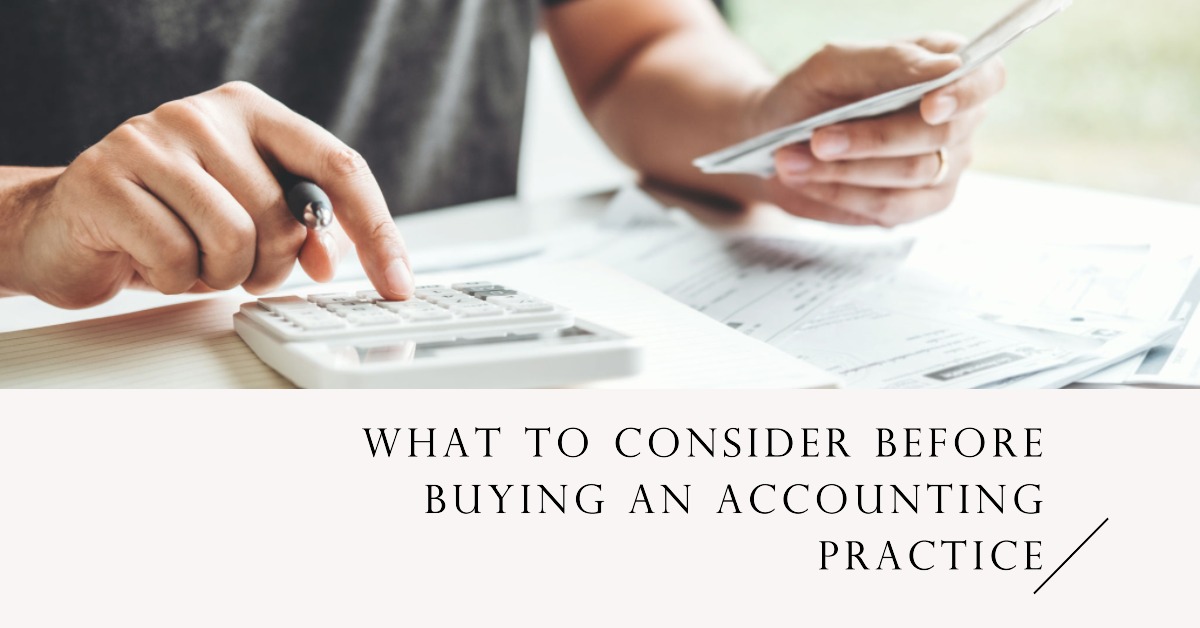

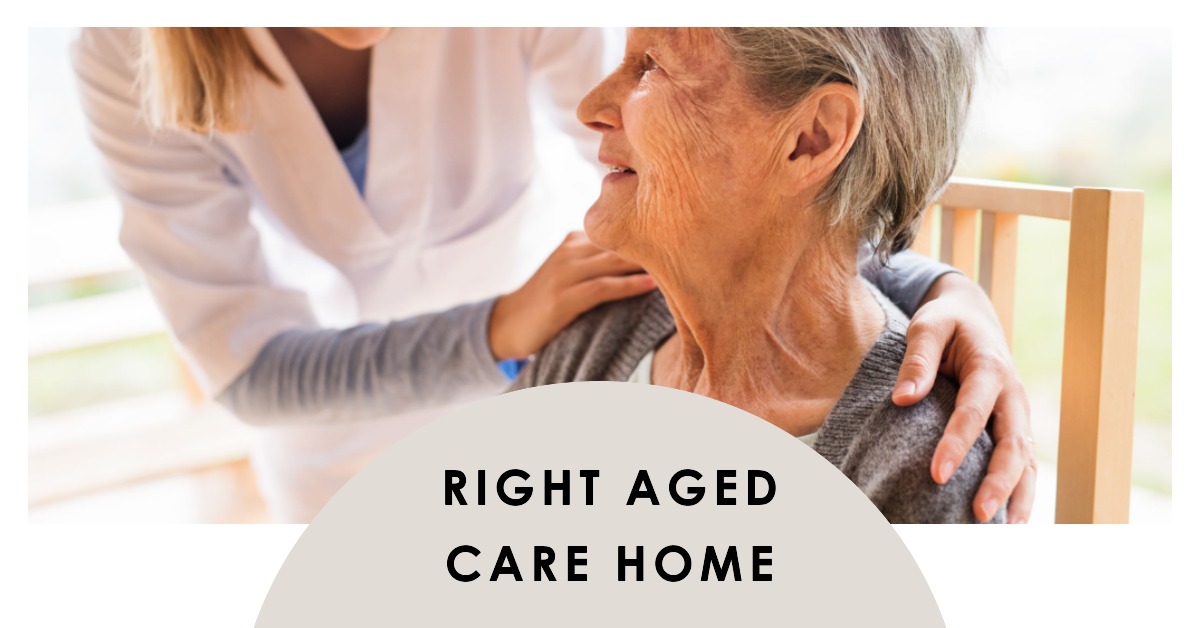


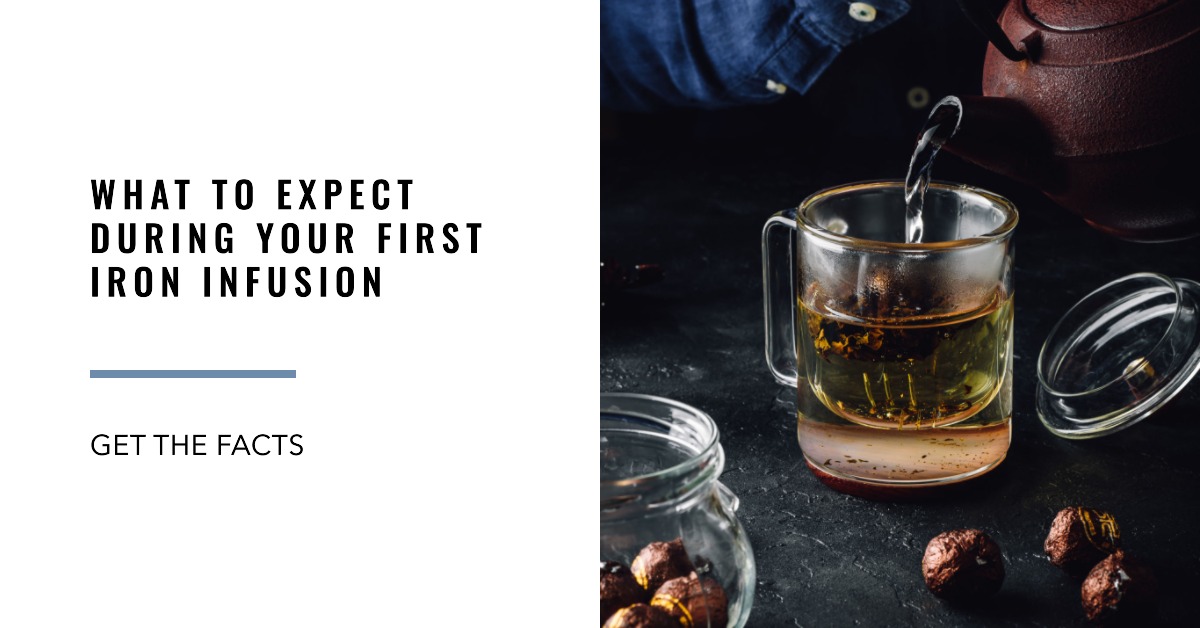
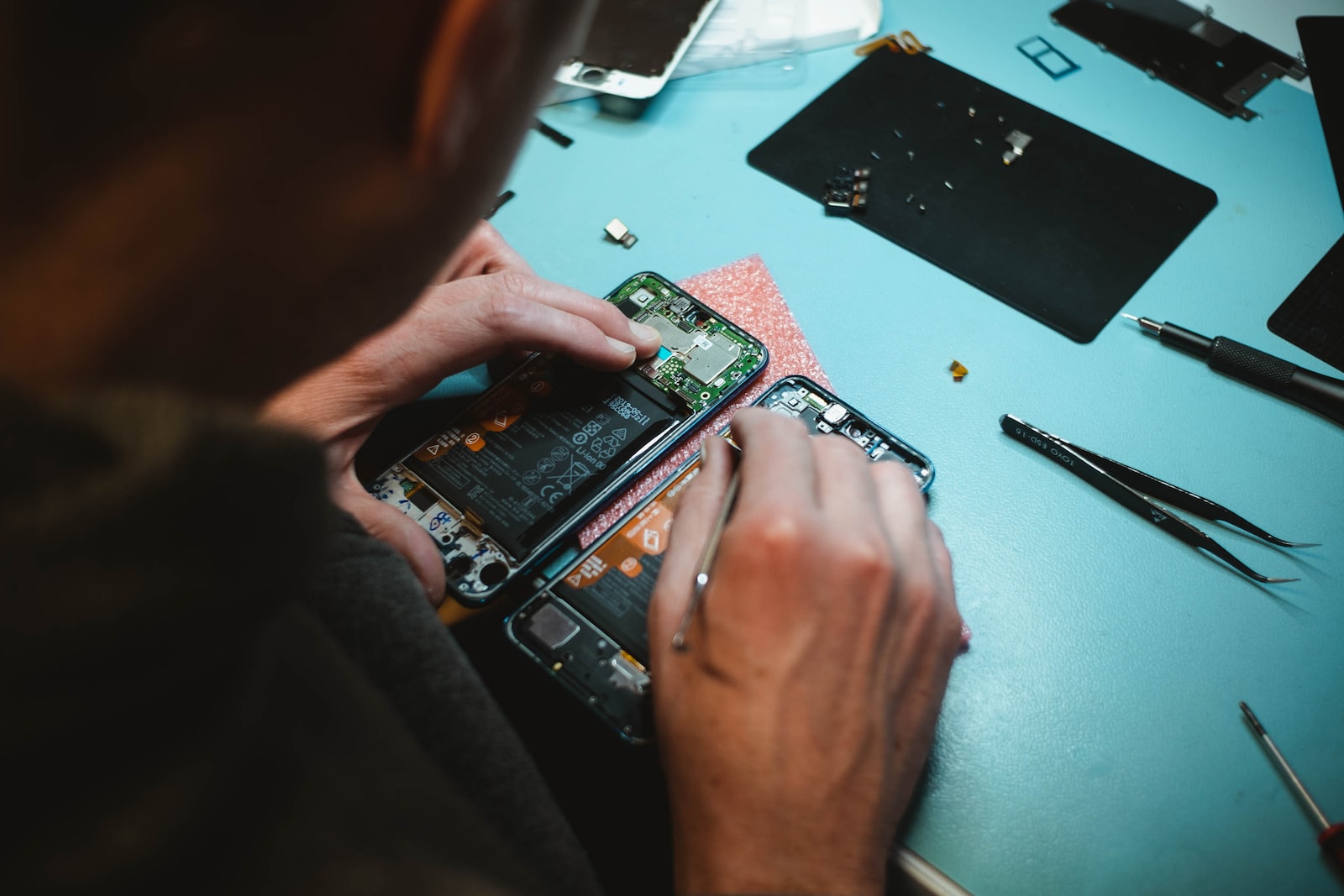
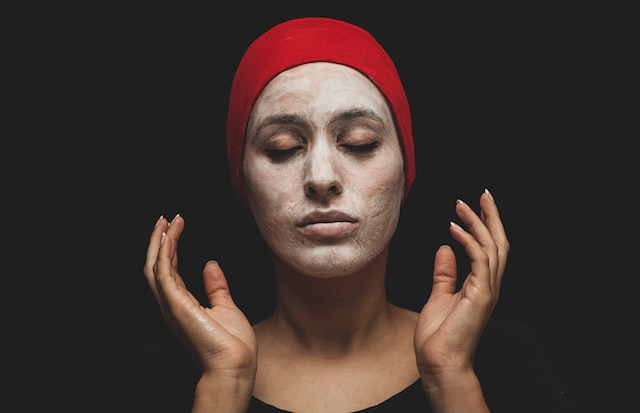

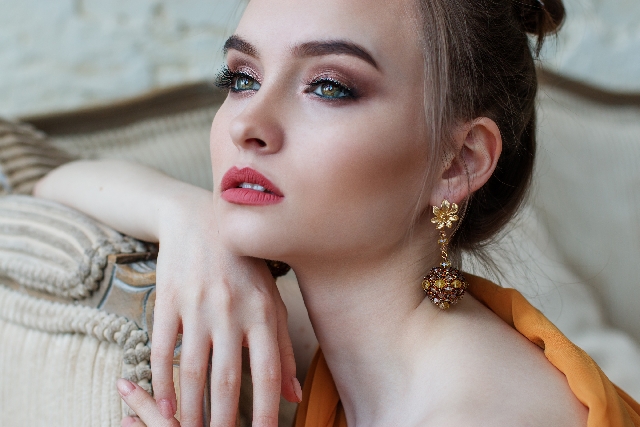

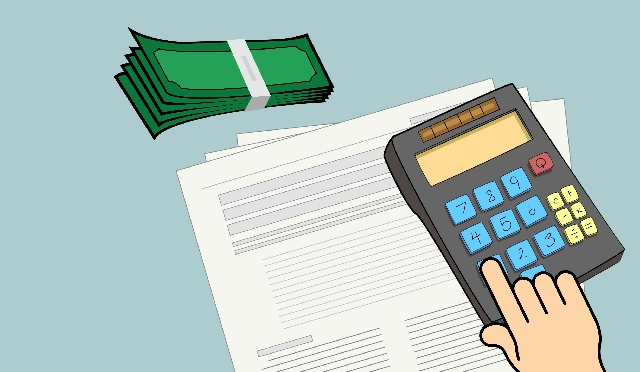
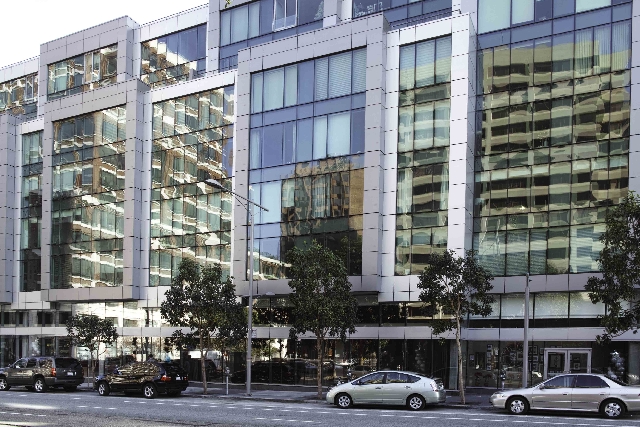
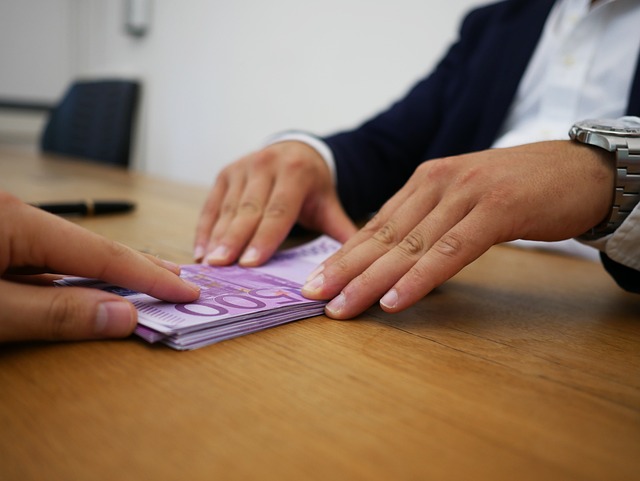

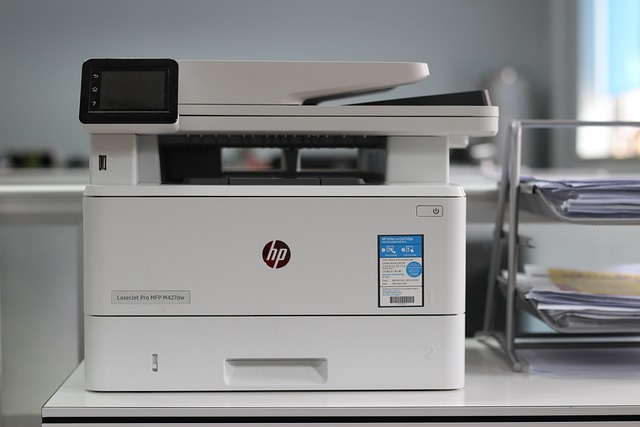



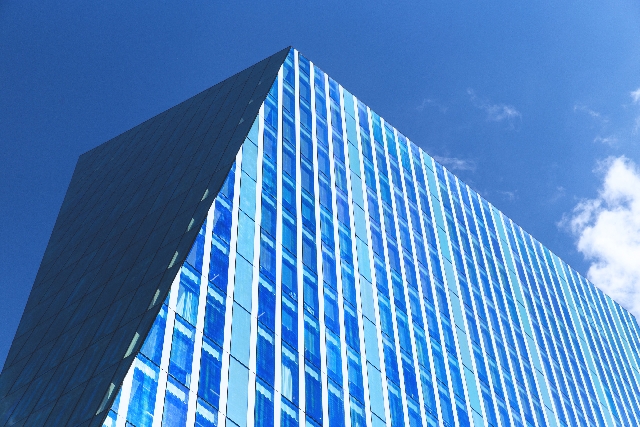

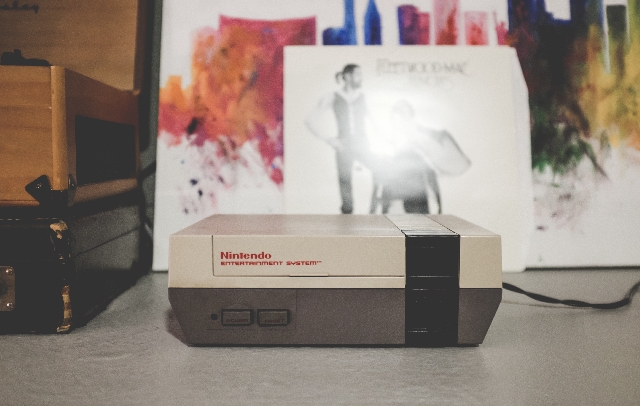
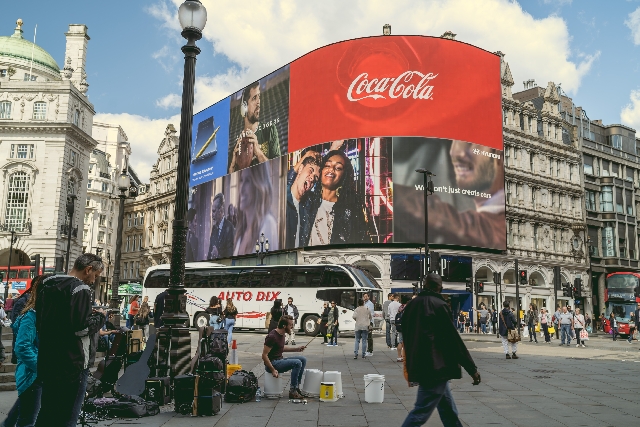
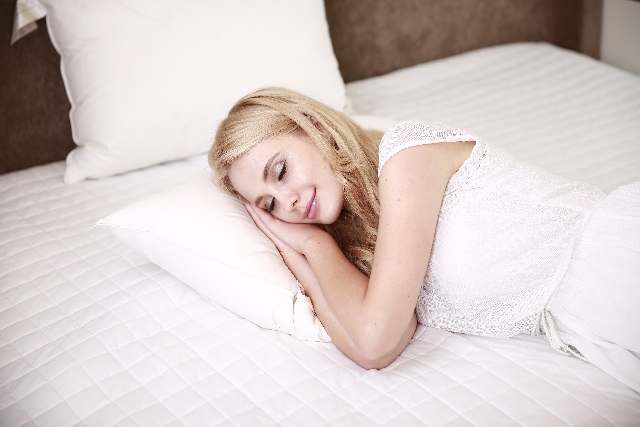



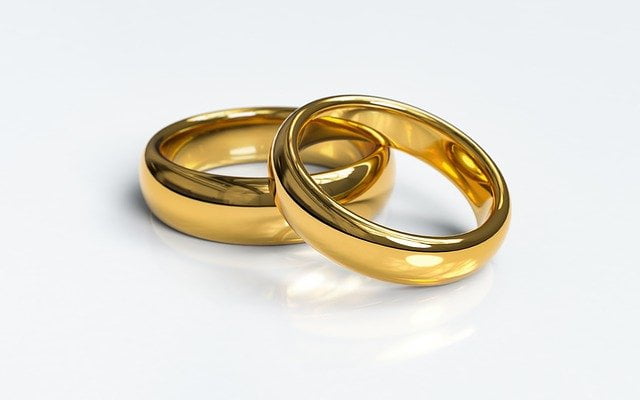


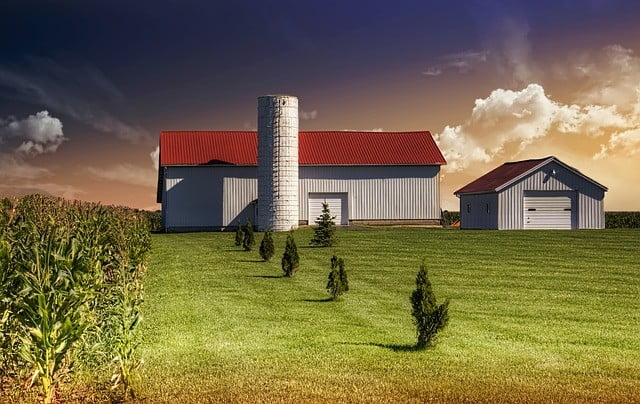


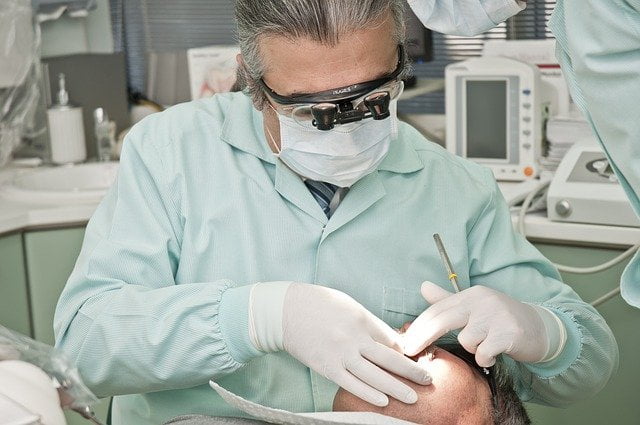
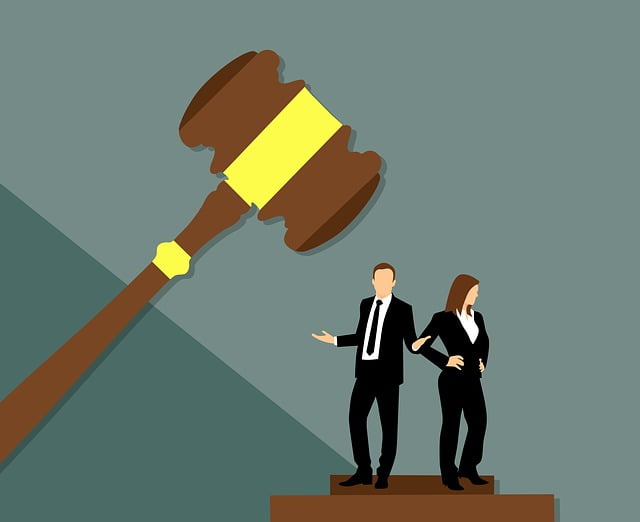
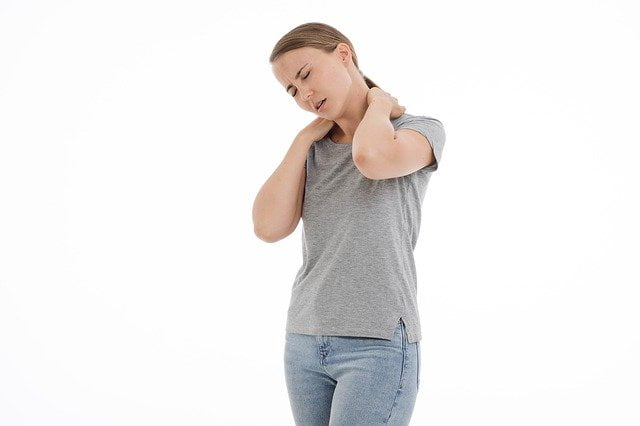


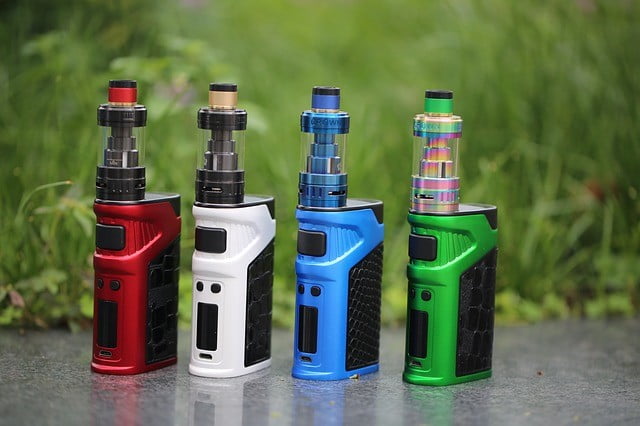



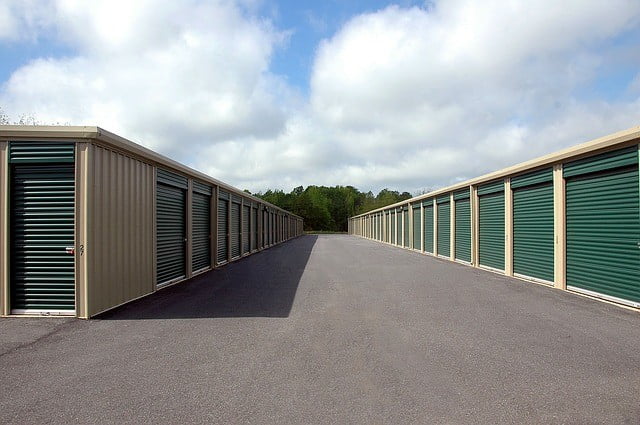

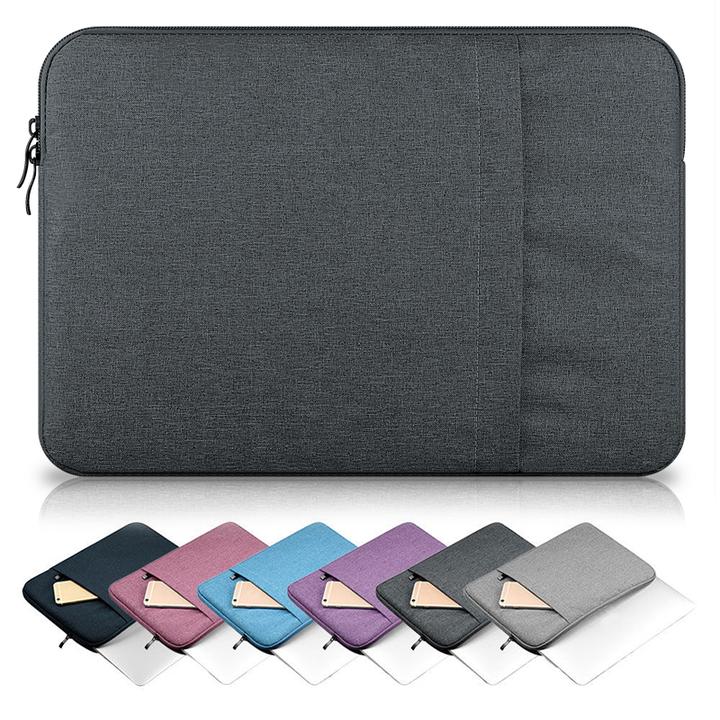
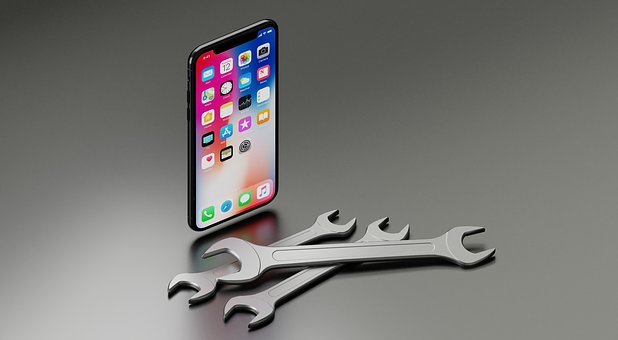
0